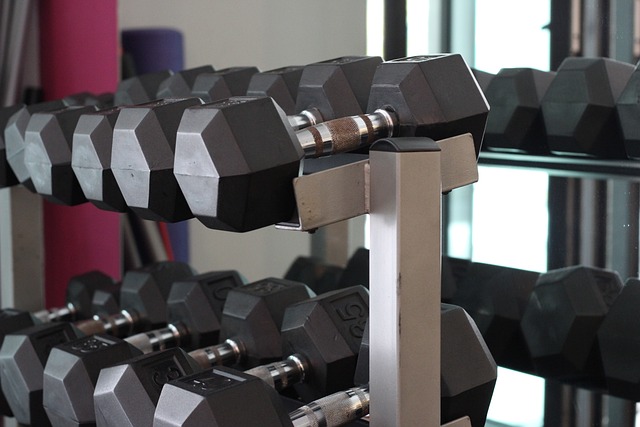Women are drinking more and more, says a group of Canadian researchers, to the point where they “may be catching up to their male peers when it comes to alcohol consumption.”
But, of course, this is one area where we shouldn’t want to make it to the same level as the boys.
It’s well known that heavy drinking (more than one drink a day for a woman) has serious consequences, including health problems. What’s less known is that, according to the U.S. National Institute on Alcohol Abuse and Alcoholism, “Drinking over the long term is more likely to damage a woman’s health than a man’s, even if the woman has been drinking less alcohol or for a shorter length of time than the man.” Unfair, maybe, but true for several reasons.
With smaller bodies and less water in them, women suffer more exposure of the internal organs to the alcohol passing through their systems. So women drinkers are more likely than men to develop alcoholic hepatitis. They’re also more vulnerable to alcohol related heart disease, die more often of cirrhosis, and may suffer more damage to their brains from alcohol.
Then there are the problems unique to women that can be worsened by heavy drinking. Drinking makes women more vulnerable to physical violence. It may increase the risk of breast cancer, especially among those at risk because of age or family history. And, of course, drinking by pregnant women can harm their babies.
Not all the news is bad. The NIAAA reports that moderate drinking may actually have health benefits, that older drinkers respond to treatment as well as younger people, and that research into the causes and effects of female alcoholism is ongoing. Above all, the goal is to “help women who choose to drink do so without harm to themselves or others.” Awareness is the first step to that goal.











